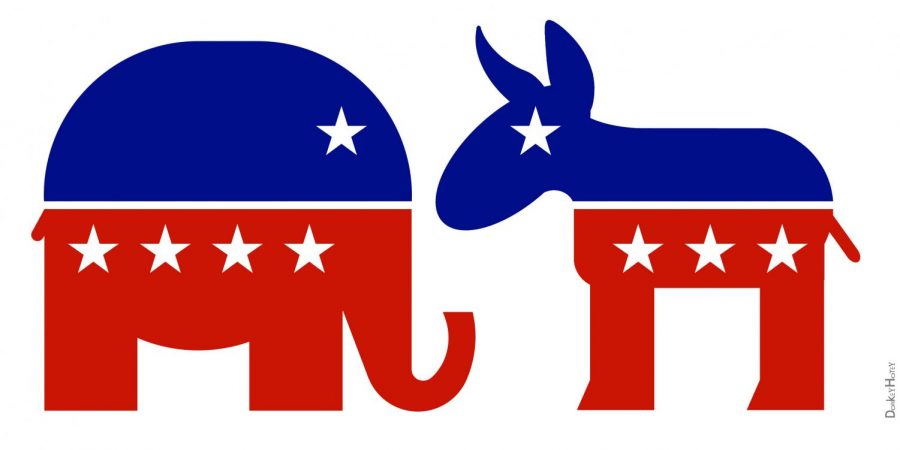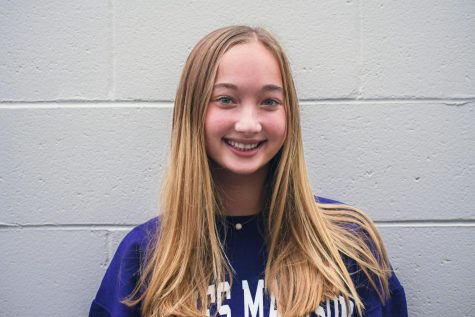Nature vs. nurture in personal politics
Creative commons photo courtesy of DonkeyHotey
Children who are used to hearing political views at home are more likely to talk about similar topics in the outside world, according to The Atlantic. https://creativecommons.org/licenses/by/2.0/
September 13, 2019
Children learn to talk by listening to the world around them, and predominantly by listening to their parents. The same is true for how children develop political and religious beliefs; their views are at first limited to what senior Dane Tedder of Ocean refers to as their “family bubble.”
But as children grow, their bubbles begin to include people outside of their familial circle. They make friends, start school, and that bubble gets larger. “I know that I personally held my parents’ beliefs until I started mingling with the ideas in my CHS friend group and exiting that echo chamber,” Tedder said.
Children who are used to hearing political views at home are more likely to talk about similar topics in the outside world, according to The Atlantic. Thus, they are exposed to new viewpoints, which they will use to fine tune their own beliefs.
Senior Ryan Swanson of Brielle has found himself drifting away from the opinions he has grown accustomed to hearing at home.
“My dad would always listen to Reaganite Republicans when I was growing up, so that was just what I gravitated towards,” Swanson said. “But when I became interested in politics and started seeking out my own sources, I was drawn more to the libertarian side of the spectrum.”
Junior Riley Forrester of Spring Lake Heights also realized her bubble had grown after being “surprised” when she found out how dissimilar her political views are than those of her family. She attributes her difference in opinion to the strong voices of her generation; “I’m learning more from the people around me than from my parents,” she said.
However, expanding one’s bubble does not always cause a change in opinion. Junior Bella Carmona-Ramirez of Long Branch said she still shares very similar political views with her mother, even after having discussions with people outside of her home.
“I stand by my views and beliefs because I think they’re right for me. They just happened to stay somewhat similar to my parents,” Carmona-Ramirez said.
Tedder’s “bubble” metaphor applies to more than political or social issues. For junior Beatrice Karron of Manasquan, her parents’ backgrounds in both Christianity and Judaism have left her with conflicting religious beliefs.
“I think as a kid I just believed whatever I heard or was told without really processing it,” Karron said. Since being surrounded by more people in high school, she is beginning to be drawn more toward the traditions and community of Judaism.
Tedder too says he is still learning from his peers and growing everyday, inflating his own personal bubble all the while.
“I know that no matter how much I learn there will always be new ideas to encounter and new people to learn from,” he said. “I do realize that I am still in my own bubble, and we are always stuck inside it, but in going to new places and interacting with people with ideas wildly different from my own, I can continue to expand it.”





